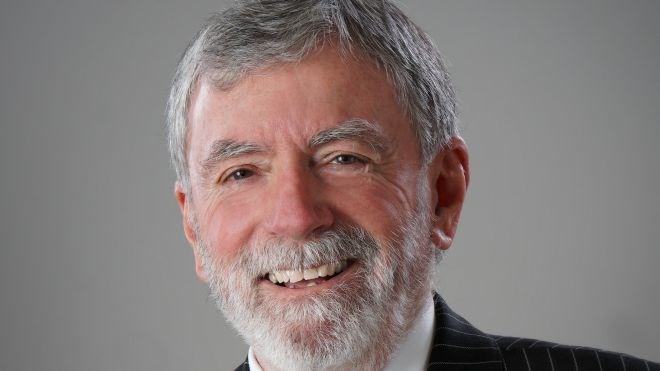The full quote from Dr. George Berkeley, an Anglican Bishop and philosopher in the 1600s, was this: “If a tree falls in a forest and no one is around to hear it, does it make a sound?" The answer, according to George, is that yes, it did make a sound, because God heard it.
On the other hand, if you take the view that the sound of a falling tree is a human experience which requires a sound vibration to come in contact with an ear it made no sound. There was no available ear. The third view might be that it made a sound even though no one heard it because we know what a falling tree sounds like, and since we have it on good authority a tree fell we surmise it did it make a sound normally expected of it.
Could this also be true of “tweets?”
If the president of the United States made a tweet in the upstairs bedroom of the White House at five o'clock in the morning and no one read it, was it actually a tweet? No, if no one read it, it was not a tweet because you need to read a tweet and there were no eyes to do the job. It's true God could have read it but what if everyone read it and the president said it did not exist nor did it mean what it said if it did?
So there you go. You can compare a falling tree to a tweet if you must.
A tweet, unlike a falling tree, needs a surrounding cast of characters. It needs enablers, people who sign up for them, and it needs a sycophantic media to respond to them incessantly. The combination of an obsequious media, a prolific narcissist and mindless viewing is a powerful triumvirate. Everyone gets what they want until it is time to pick up the pieces.
What is missing for many of us is journalism.
If Bombardier INC won hundreds of millions of dollars of business around the world using success fees (bribes) to cement deals, but no one heard of these niceties because the Globe and Mail did not write about it, did it actually happen? Well, just as a tree requires an ear to hear a sound vibration, a judiciary often needs journalism to hear of it.
Journalism is not dead, but its power and centrality is under attack. This is happening primarily for two reasons: a) the business model supporting unbiased news is breaking down; tweeting is in ascendancy, and b) our attention span is increasingly unable to cope. Being human today is different than 25 years ago. We are losing the ability and inclination to be critical thinkers. We are becoming our logarithms, which is neither informed nor critical.
Hope is not lost but inspiration is required.
In November, I found inspiration at the annual Canadian Journalists for Free Expression (CJFB) dinner.
The night is devoted to journalists and organizations that are rising above the mundane. They are telling stories that are hard work, expensive and in some cases life-threatening.
In Toronto, Robyn Doolittle led a 20-month-long investigation for the Globe and Mail that revealed approximately one in five sexual assault cases across the country were deemed “unfounded.” The power of the research uncovering inherent biases of many police forces has had a lasting impact on the culture of police investigation. Within weeks, police forces across the country were reviewing their files and re-examining what was unfounded and what was not. Many cases were reinstated. More importantly, police forces across the country began to rethink how they do their work. Robyn won the 2017 Arnold Amber Award for Investigative Journalism. This tree was heard.
In Russia, Elena Milashina, a Russian reporter for Novaya Gazeta, exposed the detention torture and murder of gay men in Chechnya. She was forced to flee her home in Moscow after death threats to her and her colleagues after the story was published. She is the winner of the International Press Freedom Award from the CJFB, which recognizes outstanding courage of journalists who work at great personal risk in the field of journalism.
It is impossible not to compare the courage and importance of real journalism to the mindless cycle of tweets and puffball but argumentative interviews that surround the president and cable news in America. The tree is falling, but what sound is it actually making?



